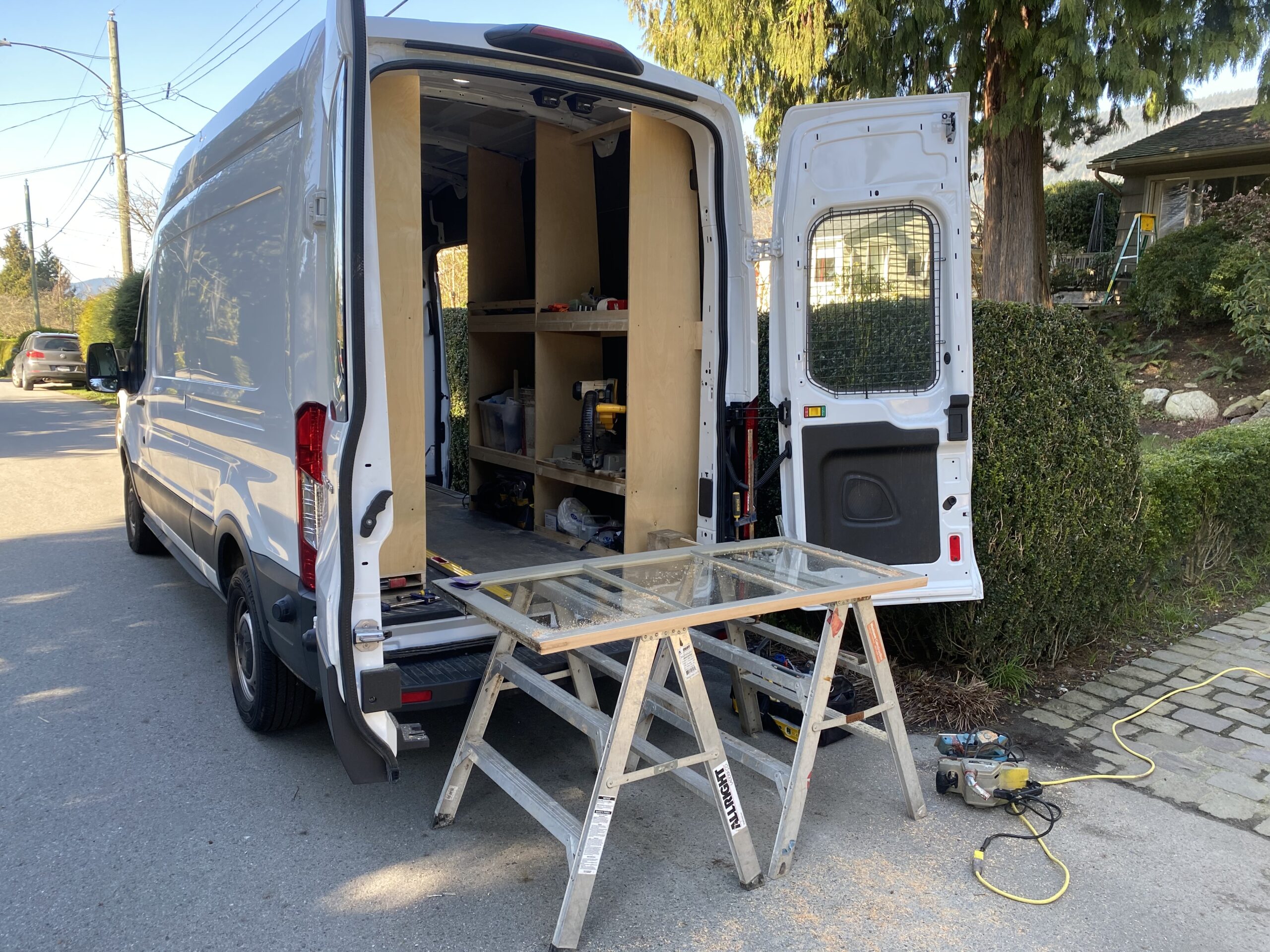If you’re a solo handyman, you’ve probably thought about hiring employees to grow your business. More jobs, more money, less work for you—sounds great, right?
I’d urge caution. Many handymen who try to scale with employees end up regretting it because the handyman business is not well suited to employees. Here’s why bringing on staff could be the worst decision you make—and why staying solo might actually be your best path to success.
1. Finding the Right People Is Nearly Impossible
Unlike specialized trades like plumbing, painting or electrical work, a handyman needs a wide range of skills. Possessing those wide range of skills to your community means being able to offer more to your best clients, and casts a wide net for potential customers.
Traditional business advice goes something like this: “If you’re booked up months in advance, you need to hire! – the sooner the better!”
Finding someone who can handle drywall, light carpentry, regrouting, painting, caulking, furniture assembly and general repairs at a high level is extremely difficult. You can certainly specialize in one of the above task types and plan to train and hire that way, but that’s a whole different ball game with it’s own set of challenges and drawbacks. For now, let’s stick to why hiring for your general handyman business is perhaps the wrong call.
If you do find someone with the right skills, they:
• Expect a high salary (which cuts into your profits).
• Might start their own business after learning from you, not to mention steal your clients!
• May not care as much about quality as you do.
The reality is that most solo handymen take pride in their work, (and if you’re good at what you do you should!). Finding employees who match that standard is a huge challenge. Training a person to preform all the tasks could take years, with no guarantee that they’ll stick around after the years of mentorship. Which leads us to the next point…
2. Your Profits Shrink, Not Grow
At first glance, hiring seems like the key to making more money. More revenue equals more for you right?…right!?… Not so fast, let’s remember what comes along with a team:
• Payroll, taxes, health insurance, severance allowances, CPP (In Canada), HR, 401K, call center, maybe an office with staff?
• Workers’ comp, sick days, sick pay, PTO, benefits, holiday presents, bonuses (come on, no Xmas presents or bonuses? What are you the Grinch?? Scrooge??)
• Mistakes, rework, material waste, damaged property, liability insurance claims, lawyer fees,
• Vehicles, accidents, vehicle maintenance, new tools, tool repair, equipment costs, cell phones, uniforms, training manuals, safety equipment, PPE
The list goes on…I didn’t even include the extra marketing!
Your profit margins shrink fast. Many handymen who hire find themselves working harder for less money just to keep the business running. If you don’t believe me, I urge you to run a quick proforma showing the profit left over with two employees in trucks and you sitting at home in front of the computer or running around estimating small jobs.
The reason a handyman business scales so poorly, is because you’re not selling anything other than labour most of the time. No expensive HVAC equipment to mark-up, no fancy stone/marble/fixtures being sold to clients every month reliably. This means you’re mostly selling time. This works great for a cleaning business because the training is simple and the pay is on the lower end for the employees, but for a handyman business – we’re talking highly paid, highly skilled employees – making a solid margin on that labour is very tricky.
3. More Headaches, Less Freedom
One of the biggest reasons to stay solo is control over your time. When you hire employees, you essentially become a manager. This can be great if that’s the world you want to get into, but don’t forget to factor in the things that go along with that:
• Scheduling nightmares (keeping everyone busy but not overbooked).
• HR problems (lateness, sick days, lack of motivation).
• Customer complaints (because employees don’t care like you do).
• A substantial increase in your marketing spend just to keep the crew busy
Instead of running a simple, profitable business, you become a babysitter for employees. The stress alone drives many handymen back to working solo.
4. A Better Option: More Profit, Less Stress, & Systemization
The reality is, a solo handyman business is advantageous because it is inherently hard to scale. That means less competition from large companies, and more potential work for you. We’re living in a different world than your parents grew up in and the nature of ‘work’ has changed. Solopreneurship is on the rise and for good reason. Gone are the days when you needed an office, a secretary, and a large team to do anything. Now you can start solo business in the trades and make great money doing it. On top of that, you can make your chances of success even higher by:
• Raising your rates by adding value, and work with higher-paying clients.
• Streamlining your services to focus on the most profitable jobs.
• Selling something tangible out of the truck to your clients that is easy to pick up and install
• Improving efficiency with better tools, systems, and price book strategies.
Many solo handymen make six figures plus (yes that’s take home pay, not just revenue) without ever hiring an employee or a subcontractor. The total revenue potential of solo blue collar business owners is set to skyrocket especially as the white collar labour market becomes ever more saturated.
Final Thoughts: Build a Business That Works for Your Life, Not The Other Way Around
Hiring employees might work for some businesses, but for most handymen, it’s a trap. It adds stress, shrinks profits, and takes away the freedom that drew you to this work in the first place. So be cautious when you’re looking for growth orientated business advice when running your solo operation, because most of the time it’s misguided and traps you in a cycle of reliance on “bigger” without thinking about “better”. The key to running a successful solo handyman is working in a smart, tactical way, getting your marketing right, and systemizing your business.
If you keep your handyman business solo, protect your health, and plan for the future, you can effectively “grow” your handyman business without hiring employees or adding stress to your life.
Interested in how to do that? Check out some of the free resources on marketing, sales, systemization, and financials here



